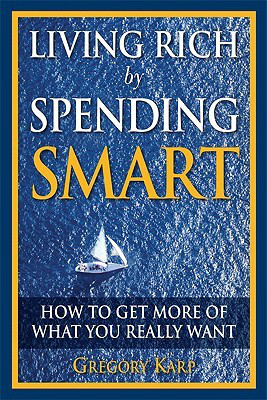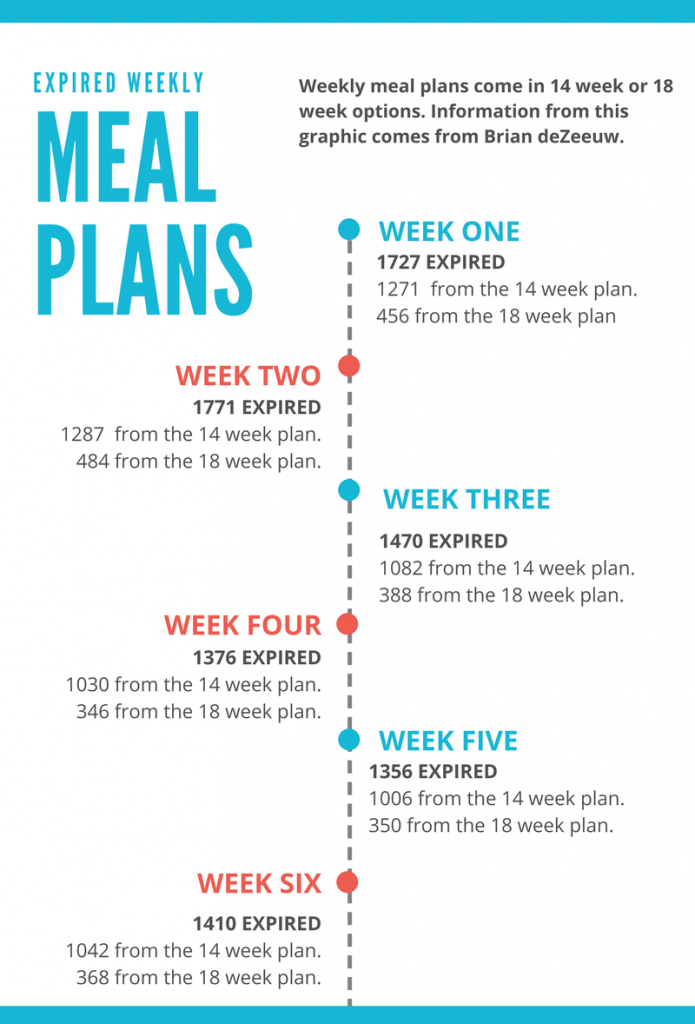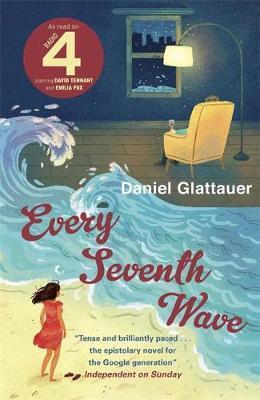 Author: Gregory Karp
Author: Gregory Karp
Rating: 4 / 5 stars
Verdict: Borrow
Positive life experiences contribute to happiness more than things do.
Everyone wants to save money right? Everyone wants to retire before they die, cold and depressed, at their job site one day. But we can all use more ideas on how to stretch our pennies and dollars.
I am known as a frugal person. I clip coupons. I shop clearance. I almost never pay full price. I’m always looking for a deal. A lot of the suggestions in this book are intuitive and I’ve already implemented them, but I still learned things from this novel as well. Here are some of the items I flagged in this novel:
- a penny saved is worth far more than a penny earned. When you earn a penny, Uncle Sam takes a big ole cut out of it thanks to taxes. A penny saved has already been subjected to these takeaways. Logical, but not something I’d stopped to ponder before.
- there are websites – such as http://www.couponmom.com and http://www.grocerygame.com that help you track where coupons were included in adverts. Just this week I was searching high and low for a coupon for the shampoo and conditioner we use as we were starting to run extremely low (sadly, this book is a little outdated and it looks like only one of these links work. But one is still better than none).
- there are also websites that offer dining certificates for less than face value (think Groupon.com). We don’t eat out very often, but when we do it almost always ends up costing more than I think the value is worth. So I’m all for coupons for eating out. Websites listed are: http://www.dinnerbroker.com, http://www.opentable.com, http://www.restaurant.com, http://www.entertainment.com
- keep a simple list price on the items you buy regularly to track which store near you has the cheapest price.
- the goal of spending smart is to reallocate spending to satisfy all your needs and many of your wants (notice it does not say all here)
- there are several different sites where you can download classical books for free (legally) that are out of their copyright time frame. I know Amazon works a lot of times, but this book also mentions http://www.gutenberg.org. It also mentions http://www.campusbookswap.com as a way to swap out textbooks for free
- their are shop bot websites that help you do price comparisons. I wish there was a camelcamelcamel for every website, but I haven’t found one (yet). This book references http://www.froogle.com, mysimon.com, shopzilla.com, dealtime.com, and shopping.com
- printable coupon websites: I’d heard of smart-source.com and coupons.com, but this book also references boodle.com, eversave.com and coolsavings.com
This book is a decade old, so some of the advice is outdated (do you really need a cellphone is a question the book poses. The reality now is do you really need a landline), but I still found it informative and also an affirmation on some of the strategies I’ve been implementing already. I don’t think I got enough out of it to warrant a purpose, but I am glad I checking it out of the library and read it.
Advertisements Share this:





